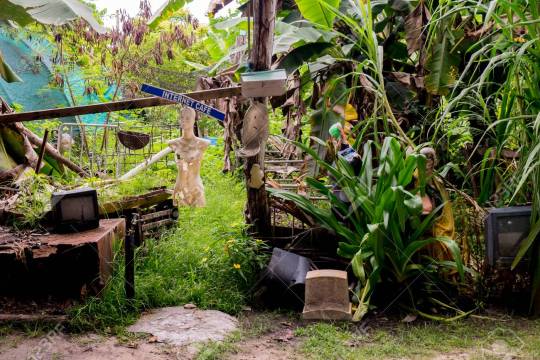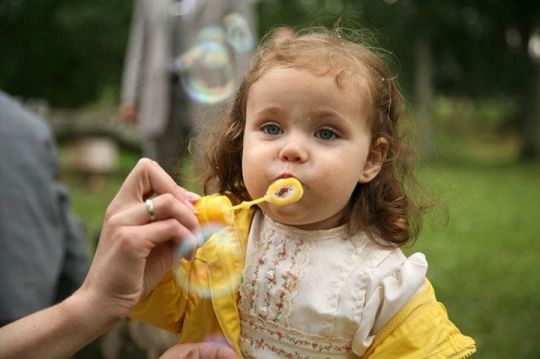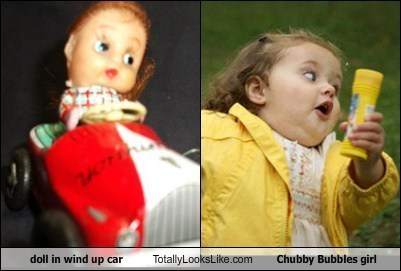Don't wanna be here? Send us removal request.
Text
The internet is a jungle
Internet is a jungle
Its never-ending scroll is vast
You can get lost easily in its videos and social media,
Endless sites of information and beauty
Often sunny, but sometimes stormy
No rules can be freeing, but also dangerous
Cyber-bullies, hackers, scammers run wild,
Freer than anyone else
Rangers have trouble catching them
Next time you visit the jungle,
Be careful

0 notes
Text
internet and education
I think e-learning should be an option. For some people, e-learning would really work with how they learn but, for others, it might be challenging. It would work for people who can’t listen in class or retain spoken information or who do better learning at their own pace. It might not work for some people who just do the course because they think it would be easier or because they get a spare period during the school day. This also could be challenging for people who aren’t motivated to do their work because there is no teacher physically there to tell you to hand assignments in, so they might fall behind.
For me, I am guessing that it could be good in some ways, but not in others. If I took an e-learning course, I could take my time reading something because that’s something that I struggle with in school. Sometimes, the time pressure of having to read something in class stresses me out and because I know that I won’t be able to finish the text, I give up and feel discouraged. I could either start reading and not be finished when everyone else is or get a computer, log in and, by the time it starts reading to me, everyone else is already done. I could also not read at all and then not know what we’re talking about. Any of those ways, I don’t do as well as I want to. I believe that e-learning would help me with that by taking away the time pressure. With an e-course, because it’s on the computer, I could get it to read things to me which would also help.
usnews.com said “Online programs also free students with learning disabilities like attention deficit hyperactivity disorder, known as ADHD; dyslexia; visual processing disorder; or dysgraphia from the time pressure, stress and aural or visual overstimulus and distractions of the traditional classroom. Working at home at their own pace, students can review materials and often as needed and manipulate digital text to process information. Online programs also free students with learning disabilities like attention deficit hyperactivity disorder, known as ADHD; dyslexia; visual processing disorder; or dysgraphia from the time pressure, stress and aural or visual overstimulus and distractions of the traditional classroom. Working at home at their own pace, students can review materials and often as needed and manipulate digital text to process information.”
https://www.usnews.com/education/online-learning-lessons/articles/2018-05-18/pros-cons-of-online-education-for-students-with-disabilities
In class, if I don’t understand something, but everyone else does, I would be holding them up if I asked questions and would feel bad because everyone just wants to continue. Online, if I don’t understand something I could take my time and ask my teacher or my mom as many questions as I want.
Although there are some pros to e-learning for me, there also are some cons. One con is that EVERYTHING would be reading, which I really struggle with. I also couldn’t go to a teacher in person for extra help. This wouldn’t allow the teacher to learn how I learn. A teacher for an e-learning course is only online and has a specific course outline which would make it hard to adjust for my (and others’) learning needs.
For me, there are pros and cons, so I don’t know if I’d take an online course in the future. However, overall, I think that e-learning should be an option for students because everyone learns differently.
0 notes
Text
me me meme

This meme was constructed by taking a photo of a girl running with a bottle of bubbles in a park. The internet refers to her as “Chubbles” or “Chubby Bubble Girl.” Whoever made this, cut out her body from the background and added words. Her identity is unknown, so the creator must have found this randomly. We laugh at this because it is relatable and I have found myself in this position before - trying to plug in my phone before it fully shuts down. I think that the creator used this photo because of her surprised expression and lunging action that compares to the desperation that you feel when you need to charge your phone. At the time that’s happening to you, you’re not laughing and it’s a very serious matter, but when you look back and realize that that’s what you do, it’s very funny.
I believe that this particular meme is harmless fun. It’s fun because it’s not making fun of this toddler although lots of other memes with that same photo are making fun of her ‘chubby ness’. But this one is just using her expression to represent what so many people feel in this moment.

After some research, I know that this is not a famous kid, but is just a girl caught in an awkward pose. People on the internet have used this photo for many memes, most of them are funny, but others are making fun of her chubbiness, which is mean.




When she grows up and finds she’s been used like this, I imagine she might feel hurt and used. Even though this is a funny and relatable photo being used for this meme, there are others that are making fun of her, which might have negative consequences for her in the future.
When we look at this meme we laugh at the the words and then we move on. But do we actually look and realize that this is actually a little girl that was just caught in a awkward pose. Do we realize that when she grows up and finds that thousands of people have used her photo without her permission, how she will feel? Will anyone realize that this is not just a girl in a pose, it is a photo of a real toddler that was in the park one day holding bubbles?
One of the many problems of memes is that people forget that the photos are of real people. The photos were posted on the internet and were copied and pasted in thousands of memes across the world. That is how everything has become a joke. People take a photo and add some words on it and then suddenly thousands of people are seeing it and sharing across the world which can have some negative effects to the person in the photo.
1 note
·
View note
Text
constructing you, deconstructing others on social media.
I believe that our online identities are real in some ways, but not in others. Although some things like location, the activity or the people you’re with might be real, other things are exaggerated or faked. For example, some people might exaggerate emotions, like how much fun they’re having or how happy they are in the moment. And some people even fake things like a location or an activity they’re doing which can get them more views or make people think they’re doing something cooler than them.
I think people do this because they are trying to impress everyone and it makes them feel really good about themselves. In my opinion, this matters because if someone acts a certain way or fakes things that they are doing they’re not really being themselves, and when they want to be themselves, they might not be accepted by anyone because of the “character” they’ve built. This relates to our discussion in class about Tom Cruise jumping on the couch next to Oprah. This surprised the audience and everyone online because he acted differently than he ever had before. Everyone was shocked. In the long run, this didn’t really affect him in a bad way, but it did get him lots of press at the time. Because he was already famous and in movies, I would be shocked if they didn’t hire him just because of that action. But the average person might be affected differently if they acted that far out of character and that’s something we should be aware of when using social media.

If you were to look at my Instagram photos and compare them to my real life, they are pretty similar except for a couple. One photo is of me holding a drink in a pineapple with palm trees in the background. It is captioned, “Having a great time in the Dominican! #marchbreak #beachlife #sunshine 🌞”. Yes, I was in the Dominican with this cool looking drink and the sun was shining and there were palm trees but I was not having a great time. On the second day that we were there, I got heatstroke. I spent two days in the hotel feeling hot and cold and generally terrible. My parents brought me this drink from the pool sidebar and thought it would cheer me up. When I captioned this photo I could have said #heatstroke #havingabadtime but instead, I decided to make people think that I was having a great time on this vacation. If I were to say that, I would have received comments like, “I’m so sorry” “ I hope you feel better” etc. but instead I got comments that I wanted, like, “That looks so fun” and “Wish I could be there”. These comments made me feel good because i was having a better time than other people even though I wasn’t. This made people kind of jealous and I guess I wanted people to feel that way. Although I only have a couple of posts like this, if I had more, others would be shocked when they realize that the life I post on Instagram isn’t really who I am.
So, even a few of my own Instagram posts are an example of how people may fake or exaggerate their posts in order to make others think their life is better than it is. The danger of doing this too much is that, when you act like yourself, others might not recognize you because of a ‘character’ you have built online and you might not be accepted by them.
1 note
·
View note